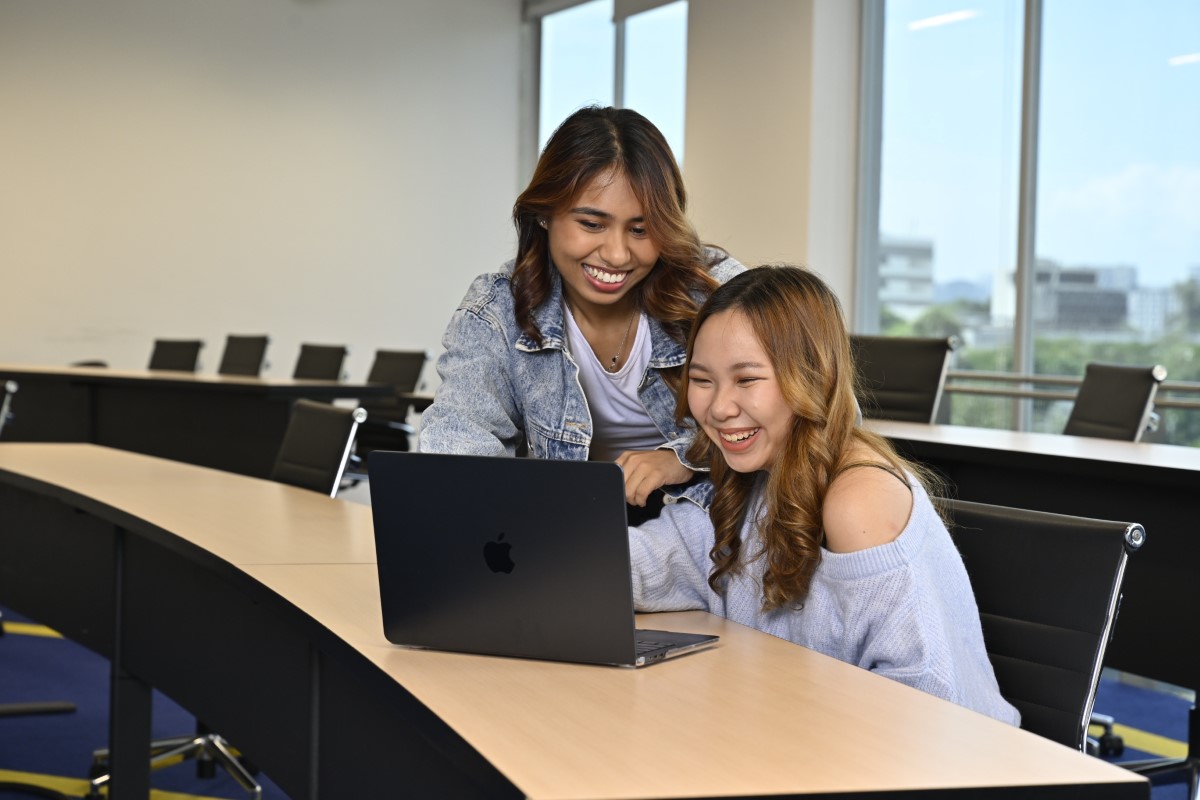Are you excited to craft content and campaigns that engage audiences and drive brand impact across all platforms? If you’re passionate about content strategy, brand communication, and digital innovation, the Diploma in Media, Arts & Design (Digital Media & Communications) at SP empowers you with skills in content creation, digital marketing, campaign management, and video production, along with insights into data analytics to optimise strategies across multiple platforms. Develop as a strategic thinker and creative communicator in a dynamic, collaborative environment, preparing you to excel in the ever-evolving digital media landscape. Start your journey with SP today.
In addition, you will graduate with a Minor upon the completion of a suite of related elective modules. SP offers 6 Minors for you to choose from:
Please note: Course structure is subject to change.
Your DMAD experience begins with the common programme in the first semester known as the Foundry, where you will build foundational skills across all media, arts and design domains. You will also take two pre-specialisation modules. With the exposure to different specialisations, you will be better equipped to select the ones that best match your passions.
In Year 1 Semester 2, you will deepen your learning in Digital Media & Communications by learning the fundamentals of branding, and building your expertise in research, design and photography.
You’ll deepen your knowledge in areas like content creation, digital marketing, advertising, and public relations. Engage in a Sustainable Innovation Project (SIP) to tackle real-world challenges. This year also prepares you for internships, focusing on personal branding and professional portfolio development to showcase your expertise and stand out in the industry.
Spend this year in a 22-week internship and work on your Final Year Project (FYP). This is your chance to apply what you’ve learned and gain professional industry experience. The FYP allows you to showcase your creativity and expertise. By the end of the year, you’ll be ready to step into the digital media industry. By the end of three years, you’ll be well-equipped to succeed in digital media.
Electives
The SP elective framework offers students options to pursue their passion and/or meet different career needs, and is an integral part of the holistic education we seek to provide to our students.
Learn about SP Elective Framework
The Common Core Curriculum (CCC) prepares you for a changing world with essential human and digital skills. Through its 10 modules, the CCC also provides a wide learning experience to examine local and global issues based on the Sustainable Development Goals (SDGs). These modules help you understand real-world issues and the impact on different communities, and equip you with skills to create a better, sustainable Singapore and world.
.png?Status=Master&sfvrsn=a7a38156_1)
What do you need to be eligible for digital media and communications?
You must meet the following criteria to qualify for the Diploma in Media, Arts & Design (Digital Media & Communications):
If you enjoy being creative and making engaging content, the Diploma in Media, Arts & Design (Digital Media & Communications) is for you.
This course is great for students who are creative, passionate, curious, collaborative, and detail-oriented.
These traits are essential for planning and executing projects and managing challenges.
With these skills and the knowledge you gain, this diploma builds on your strengths from subjects like English and Art.
You’ll learn to think critically and use new technology to connect with audiences.
SP offers many scholarships to recognise talent and service, from Year 0 to after graduation. These scholarships provide tuition fee waivers and chances to represent SP. They are awarded for academic excellence, contributions to arts or sports, and community service. Edusave awards and external sponsorships are also available.
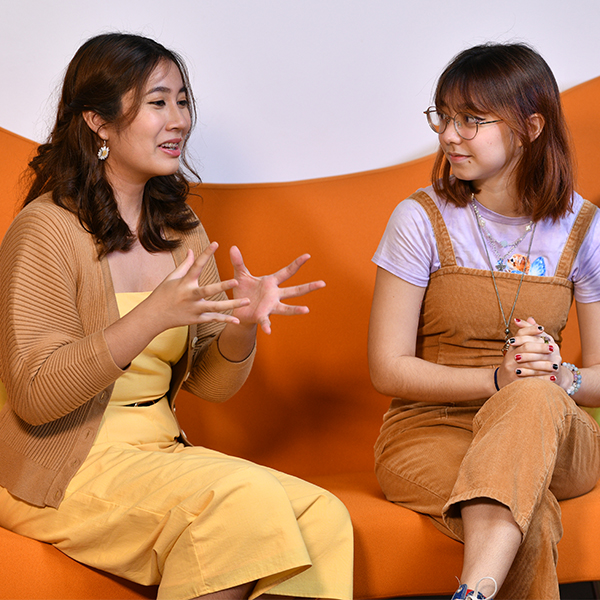
SP prepares you for a future in digital media and communications through hands-on, paid client projects from Year 1 to Year 3. Collaborate with top brands like JBL, Mediacorp, NParks, and MOE, gaining real-world experience in content creation, digital marketing, and multimedia production. Build your skills and portfolio, ensuring you're industry-ready upon graduation.
In a modern city like Singapore, we are highly connected as a society, making digital media and communications vital for effective communication. With AI and automation advancing in 2025, the industry is evolving fast.
SP provides you with the skills to leverage these emerging technologies, preparing you to lead in the future of communication. Digital media is more than just online content - it's about strategic communication, insightful data analysis, and creative content production that drives impact across platforms.
Digital media and communications has many niche fields. At SP, you can explore:
These areas give you a broad understanding of digital media, preparing you for various industry roles.
SP offers 22-week internships at various organisations, including startups, SMEs, MNCs, and government agencies.
Students from the Diploma in Media, Arts & Design (Digital Media & Communications) have interned at companies like Ogilvy, We Are Social, Tate Anzur, Resort World Singapore, Marina Bay Sands, Uniqlo, Mediacorp, The Smart Local, Our Grandfather Story.
Many interns have made significant contributions, often outperforming their university counterparts. These internships can lead to job offers, such as Digital Marketing Specialists and Content Strategists. You’ll gain hands-on experience and apply your skills in real-world settings.
Internships connect you with professionals, offering insights, networking, and real-world experience to guide your career choices. SP’s coaching boosts your confidence and employability. Exposure to various industries enhances decision-making, raises starting salaries, and expands business knowledge. A valuable internship offers meaningful work, learning opportunities, clear goals, and strong mentor support for professional growth.
Gaining overseas exposure expands your view of the world. Understanding different cultures in a global city like Singapore is important.
Being part of CCAs also allows you to represent Singapore in international events, enhancing your global understanding.
We know some of you want to take on more challenges. Stepping out of your comfort zone and being more active can help you grow.
Students in the Diploma in Media, Arts & Design (Digital Media & Communications) have participated in competitions like the Crowbar Awards, Creatives Assembly by Mediacorp, and Pitch It! by NUS.
Winning these competitions builds your confidence and tests your skills. Knowing where you stand helps you improve and stay competitive.
Graduates from the Diploma in Media, Arts & Design (Digital Media & Communications) often pursue degrees in related or complementary fields. Alumni have chosen degrees in Film, Interactive Media, Marketing, and Graphic Design. Common degrees include:
These degrees are widely available at universities both locally and internationally. For more degree options and advanced standings, please visit the Advanced Standing Database.
If you’re preparing for university and want to make the most of your diploma time, an SP diploma can let you fast-track your education by 0.5-2 years!
To boost your career as a digital media and communications professional, consider getting industry-recognised certifications. These certifications help you stay updated with the latest tools and best practices.
Popular ones include Google Analytics, Meta Blueprint, HubSpot Content Marketing, SEMrush SEO, Meta Certified Digital Marketing Associate, and LinkedIn Marketing Solutions certifications.
The skills you gain at SP provide a solid foundation to pursue these certifications and enhance your career.
Actress, TV and Radio Presenter | DMC Class of 2013 My time at SP’s DMC was life-changing. I started with a passion for journalism but discovered my love for radio thanks to supportive lecturers who saw my potential. Their guidance helped me land a radio internship, leading to my degree at NTU and a career as a radio presenter.
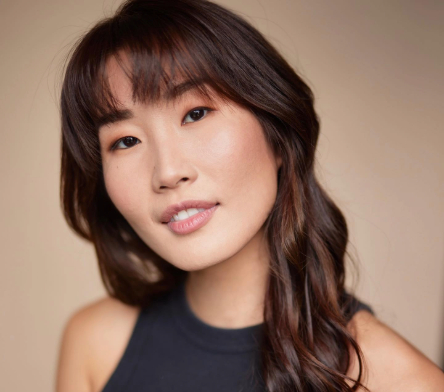
Regional Marketing Manager at Harley-Davidson APAC | DMC Class of 2007 I’m grateful to have graduated from the DMC program—it set me on the path to my dream job. The passionate lecturers and hands-on learning were invaluable, teaching us beyond textbooks with real-world projects and brand collaborations. If you’re considering it, go for it - it kickstarted my journey to Harley-Davidson!
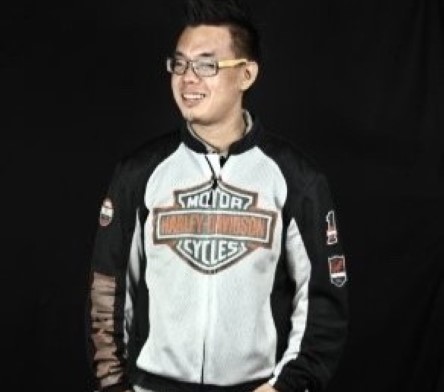
Senior Account Manager at Publicis Singapore | Batey Scholar | DMC Class of 2017 DMC was pivotal in my growth, equipping me with strong communication skills and industry confidence. As a Batey Scholar, I gained hands-on experience, learning from advertising legends who shaped my approach to challenges. Beyond academics, the supportive environment built my confidence and resilience, preparing me to excel in the ad industry and beyond.
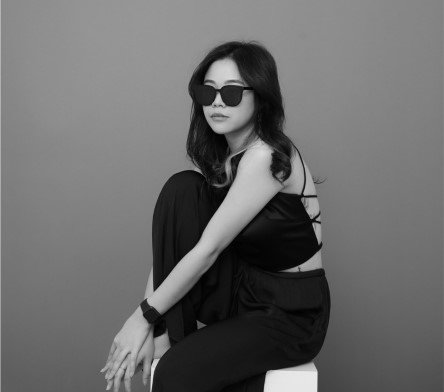
Current Year 2 DMC Student SP offers great opportunities to connect with classmates from different creative fields. My favourite module, Digital Content Development, lets me create social media content, conduct interviews, and express my creativity. The lecturers make even tough topics engaging, creating a positive and supportive environment that enhances learning and makes each lesson enjoyable.

2023 Chua Chor Teck Gold Medal recipient | Studying in University College London, Bachelor of Arts in Education Studies My journey into media started with a video montage I created to honour unsung heroes in my school. This inspired me to pursue a Diploma in Media and Communication (DMC) at Singapore Polytechnic, where I discovered my passion for storytelling, marketing, and digital analytics. During my internship at DR Tech in Bangkok, I created videos that earned high praise from my supervisor. I’m also passionate about giving back to my community and hope to work in education policy to help Malay youths excel.

